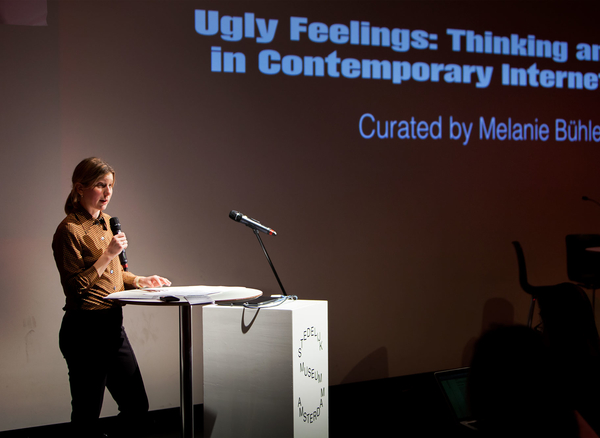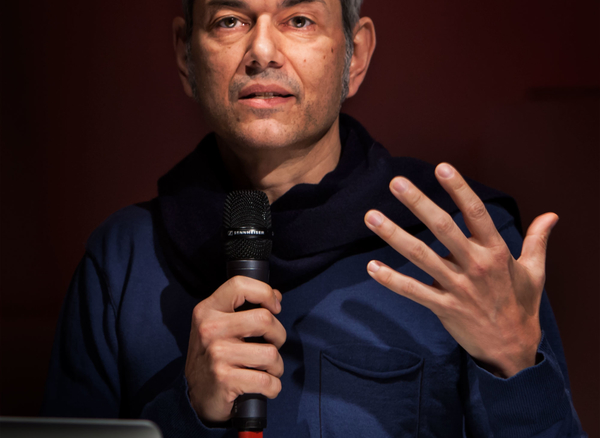What is happening to our brain? – Art & life in times of cognitive automation
Touch is of vital importance to our emotional and neurobiological development. So how do we feel and touch in our technologically mediated dematerialized digital cultures? Do we solely stroke and swipe our screens? How is the body and its feel involved? Are we in fact cultivating different tactilities in relation to the world and others? Further, how can we trace the ways in which touch informs and reforms the body in concepts such as violence, gender, sexuality, democracy and identity? If art and design have privileged sight and sound, should touch – and all the senses – be addressed and activated in order to help us stay ‘in touch’ with our bodies and the material world?
Key words:
affect, body, blindness, braille, button, care, click, contact, disabality, feel, feelies (the), finger, force, gesture, hand, hapticality, intimacy, interface, joy stick, love, manicures, manual, movement, neurophysiology, oculocentrism, pain, perception, phantom pain, pinch, pressure, prothesis, scanning, screen, senses, sensitivity, sensorium, tentacular, tentacles, Shadow Dexterous Hand, sign language, skin, soma, surface, swipe, tactility, tele-dildonics, tele-tactility, touch, trans*hapticality…
Talks, readings, presentations, performances, screenings:
Fiona Candlin, Yvonne Dröge Wendel, Marianna Maruyama, Army of Love, Hypatia Vourloumis, Ioanna Gerakidi, Amelia Groom, Sarah Browne, Joke Robaard, Eloise Sweetman, Jack Halberstam, Harry Dodge, Karen Archey, Rizvana Bradley, Mark Paterson and many others
Ook dit jaar was de tentoonstelling Rietveld Uncut onderdeel van het programma van Studium Generale.


